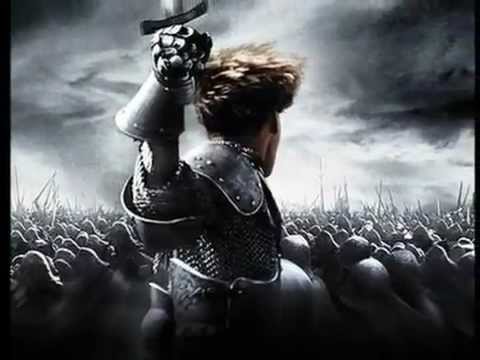The French epic historical drama The Messenger: The Story of Joan of Arc, also known as Jeanne d’Arc, was released in 1999 in English. It was directed by Luc Besson and starred Milla Jovovich, John Malkovich, Faye Dunaway, and Dustin Hoffman. Besson and Andrew Birkin wrote the screenplay, and Éric Serra wrote the original score. The Messenger tells the story of St. Joan of Arc, a Catholic martyr, and a French battle hero during the Hundred Years War. Young Joan is depicted as witnessing the horrors the English committed against her family and being inspired by visions to lead the French in fighting against the English occupiers. Charles VII can ascend to the throne thanks to her victory over the English. Eventually, the English arrest Joan, have her tried, and put her to death for heresy. The Messenger was meant to build on that achievement and solidify Besson and Jovovich’s status in the film industry. It earned a little under $67 million on a $60 million budget, although it garnered poor reviews and disappointment at the box office.
Plot
In The Messenger: The Story of Joan of Arc, the legendary historical figure Joan of Arc engages in combat with the English troops that invaded Northern France in the early 1500s. After having great success, purportedly guided by divine visions and voices, Joan is finally apprehended by some allies, who then hand her over to the English authorities. Despite her admission to the religious leaders that her visions and voices were a ruse from Satan, they still burned her at the stake.
Joan, who is armored, leads the French army to the city of Orléans, which is under siege. She offers the English the choice to submit, but they reject her offer. The next morning, the commanders of the troops begin the struggle to gain control of the fence at St. Loup without Joan since they are unconvinced about her ability to lead. The French soldiers are leaving the area by the time she gets there. Joan ends the retreat and organizes a new assault, successfully taking the fort. They continue to the “Tourelles,” an enemy stronghold. Joan gives the English one more opportunity to submit, but they reject it. Joan leads the French troops in an assault on the Tourelles, but the English defenders suffer many fatalities, and Joan is seriously injured. But the next day, Joan spearheads a second assault. The French army travels across an open field to meet the English army while it rearranges itself. Joan approaches the English on her own, giving them a chance to submit and return to England. The English take her up on her offer and flee.
The Messenger: The Story of Joan of Arc has a problem: The older teenage Joan is such a rude, neurotic, and even hysterical mystic that it’s difficult to conceive that anyone would put their trust in such an eccentric leader. When Joan acknowledges that there were no visions, not even a sinister demon to deceive her, the movie entirely undercuts itself, even though it had managed to develop some sympathy for this peculiar individual. What kind of entertainment value is there in playing such a sympathetic character only to let the audience down with some humanist psychobabble at the end?
IMDb has given the movie The Messenger: The Story of Joan of Arc a score of 6.4 out of 10. If you like historical dramas, you should see this movie.

